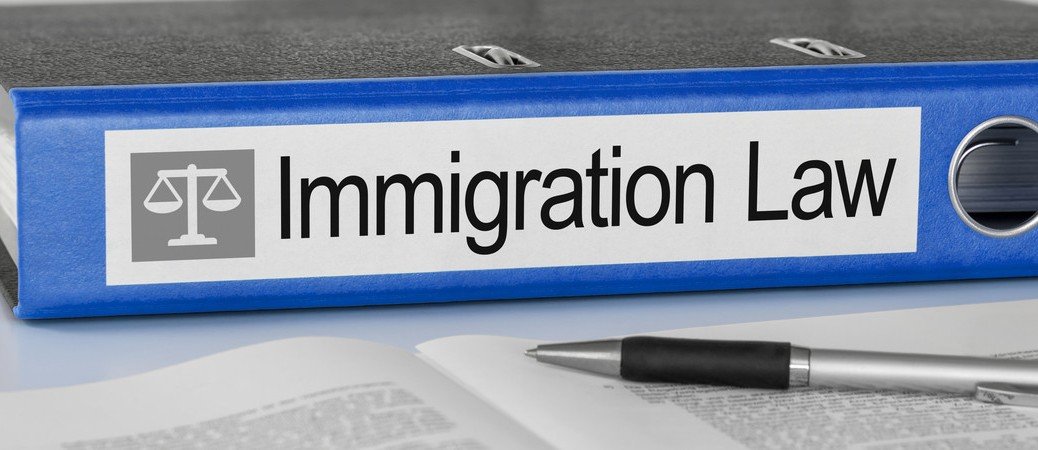Late last year, President Obama signed the 2016 Omnibus bill into law, which raised the fee for an L-1 visa to $4,500 and the H-1B visa to $4,000. The increases reflect a desire on the part of lawmakers to improve border security and increase funding for other programs related to immigration, including biometric entry/exit programs. According to a report published at CNBC.com, the increased fees are anticipated to generate more than $1 billion each year.
The law will apply to all H-1B and L-1A/L-1B petitions that have been filed with USCIS since December 18 of last year through September 30 of 2025. These provisions increasing the fees associated with obtaining these kinds of visas apply to businesses that have 50 or more employees, half of whom are on an H-B or L-1 visa. While the law does not specifically target Indian IT companies, observers believe that the way the law has been written means that it will have a significant impact on the IT industry.
The L-1A and L-1B visas are non-immigrant visas that allow a person to enter the United States for a purpose related to employment, and may allow an employee to stay for up to seven years. These visas are often used in instances when an employee is relocating, as one of the eligibility requirements is that the employee worked for the sponsor business in a foreign state for at least one continuous year in the three years before entering the United States.
The H-1B visa, on the other hand, is a non-immigrant visa that allows a U.S. employer to hire a foreign national that works in a specialty occupation. Some of the occupations that can make an individual eligible for an H-1B visa include jobs in math, science, medicine, the social sciences, education, accounting, business, as well as others.
Contact a New Jersey Crimmigration Lawyer Today to Discuss Your Case
If you are in the process of obtaining a Visa or would like to explore whether you may be eligible for a Visa, you should contact an experienced attorney as soon as possible. New Jersey crimmigration attorney Robert Mondello has been representing the rights of individuals with legal issues related to immigration and criminal law since 1993 and has the skill and experience required to bring your case to a successful resolution. To schedule a consultation with Mr. Mondello, call our office today or send us an email through our online contact form.




